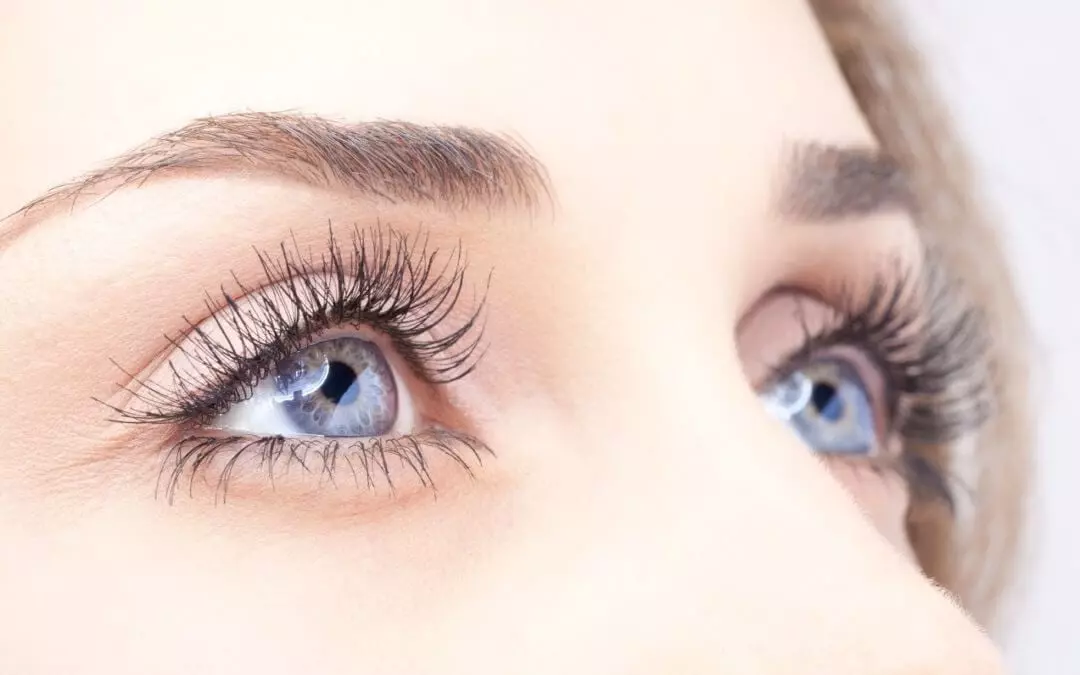Head injuries can occur virtually anywhere, from a sporting field to a worksite. Many head injuries result in minor bumps and bruises with few other symptoms, but head injuries can cause numerous related issues.
Changes in vision are often one of the first clues that a head injury was more serious than originally assumed. Understanding how these injuries can affect vision can help you identify the symptoms of serious head injuries in yourself and those around you.
Which Head Injuries Can Affect Vision?
When you hear the phrase “head injuries,” you probably picture impact injuries that occur when the head collides with a solid object. These injury types include traumatic brain injuries, or TBIs. Concussions are the most common and most mild type of TBI.
A concussion occurs when a blow to the head alters the brain’s placement in the skull. If the brain collides with the side of the skull due to the impact, this constitutes a more serious TBI.
The term TBI also applies to any injury that punctures the skull and affects the brain.
All forms of TBI can potentially have an effect on the patient’s vision. In addition to TBIs, the following other head injuries can also change vision:
- Acquired brain injury (ABI)
- Cerebrovascular accident, including stroke
- Post-traumatic cervical syndrome, which is typically related to whiplash or other spinal injury
Developments related to conditions like cerebral palsy may also change the patient’s vision acuity.
Head injuries are complex and may manifest differently from patient to patient. The effect on an individual’s vision may depend on a variety of factors, which we’ll discuss in the next section.
Why Do Some Head Injuries Cause Vision Changes?
According to research performed by the Veteran’s Affairs Western Blind Rehabilitation Center, between 20 and 40 percent of individuals who experience a head injury develop a related vision problem.
A head injury may cause vision changes when it disrupts the normal function of the eyeballs themselves or of the connections between the eyes and the brain. Common vision disruptions caused by head injuries include:
- Decreased coordination in tandem with eye movements
- Inability to focus the eye lens appropriately
- Reduced automatic vision mechanisms, like visually tracking moving objects
- Reduced eye movement range
- Weakened muscles that control eye movement
The type of acuity changes a patient experiences depends on which of the listed vision disruptions occurs during or after his or her head injury.
Which Vision Symptoms Can Occur After a Head Injury?
Vision changes due to a head injury can occur immediately following the incident, gradually over a period of days or weeks after the accident, or suddenly sometime after the injury as the healing process occurs.
Because head injuries tend to cause the vision disruptions discussed in the previous section, most patients with similar injuries experience similar vision problems. These vision changes may include one or more of the following:
- Difficulty reading or comprehending visual cues
- Duplicate vision
- Generally blurred vision or blurred vision when looking between an object nearby and one far away
- Illusions where printed words and images appear to move or warp when concentrated on
- Needing to change head position in order to see or focus on an image
- Needing to cover one eye to focus properly on an image
- Persistent eye strain and eye-related headaches
- Problems with balance and perceived equilibrium, such as the room appearing to tilt
- Reduced peripheral vision, including difficulty seeing objects that are above or below the natural sightline, which may manifest as decreased physical coordination
- Total or partial vision loss that may last for a short period or persist over time
- Trouble focusing on an object, whether the object is moving or stationary
- Uncomfortable sensitivity to artificial light, natural sunlight, reflected light, or all three
Vision changes like blurriness may last for a short period of time, while other vision changes can become permanent without proper treatment from an optometrist.
When Should You See a Doctor for a Head Injury and Its Related Symptoms?
Patients should seek medical attention after a head injury if there is any possibility that a concussion or other TBI occurred. During this initial visit to an emergency room or to your primary care physician, bring up any changes to your vision that you have noticed since the incident.
You should schedule an appointment with an eye doctor for any symptoms that appear after the initial incident or reoccur sometime after the head injury itself. Corrective lenses, rehabilitation therapies, or vision surgeries may be necessary to address the problem.
If you recently experienced a head injury, whether you ran into a door frame or had a car accident, pay attention to your cognitive and vision symptoms. In addition to seeking emergency medical attention following the injury, see an eye doctor at the All About Eyes location nearest you for an evaluation of any vision changes.

